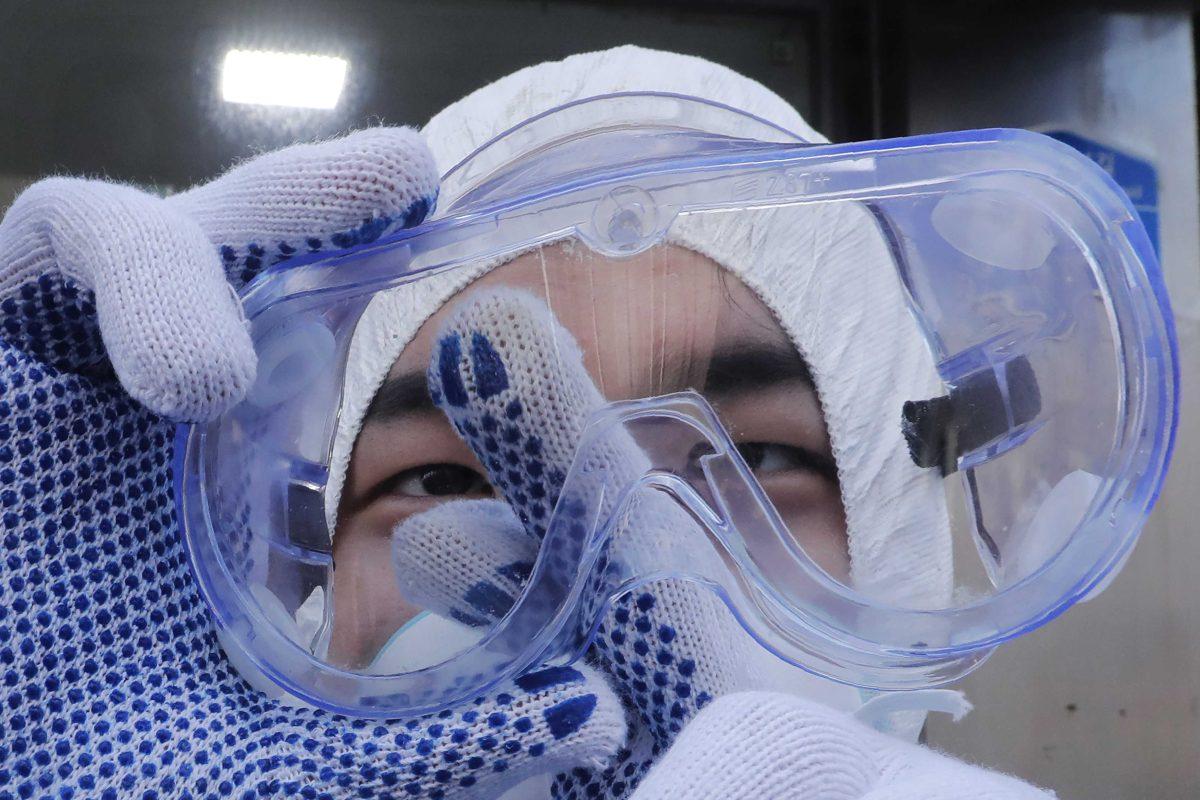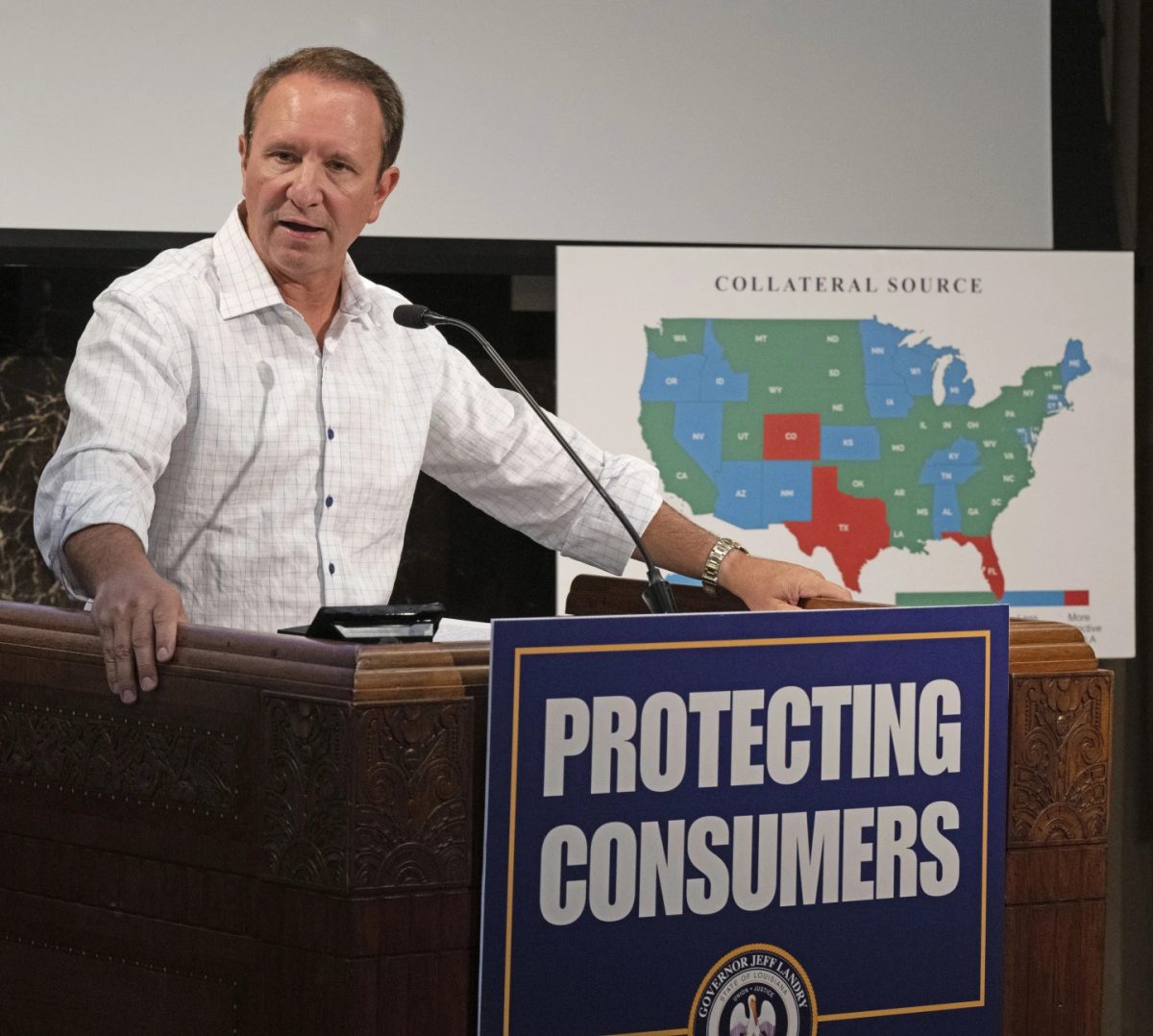As we are all certainly aware, the University decided last Thursday to transition to online classes for the remainder of the spring semester in response to the growing number of COVID-19 cases in southern Louisiana.
This response was met with jubilation, disappointment, outrage and fear by the student body. Many were happy to go home, others were shocked that their senior years had ended abruptly. Some thought the University had overreacted, and others thought it hadn’t acted soon enough.
Despite all the chaos these last few days have wrought, moving to online classes was ultimately the right decision to make in response to a steadily worsening pandemic. At the time this article was written, there have been 91 cases and 2 deaths reported from coronavirus in Louisiana, making our state one of the most afflicted per capita in the United States. Left unchecked, this number could exponentially grow beyond any hopes of stemming its spread.
A common refrain from epidemiologists these days is to “flatten the curve.” This general idea is to keep infection rates low so as not to exceed the capacity of our health care system. The fewer people that come into contact with each other and move around public shared spaces, the fewer people that get infected and die.
Any university is a hub where people are constantly talking to each other, touching the same desks, using the same computers and living in close quarters, so eliminating this constant contact and encouraging people to isolate as much as possible significantly reduces the exposure students and faculty have with each other and the outside world.
We are currently seeing what an overextended health care system looks like in certain parts of Italy, and it isn’t pretty. In extreme cases, doctors must prioritize resources for the most severely afflicted patients, leaving others to struggle desperately for breath.
Even young college students, who are statistically unlikely to require hospitalization if infected with coronavirus, must be cautious. Coronavirus can appear in people without symptoms, so a healthy student could unknowingly spread the virus to someone for whom the infection is lethal.
When healthy students go home to healthy families in a panic just to spend weeks holed up and emerge unscathed, it can seem like everything was a huge overreaction. It’s impossible to tell what could have happened, so an overreaction is the best case scenario. It means we have managed to stay healthy, save for a bad case of cabin fever, in the face of severe biological threat.
This pandemic has been disruptive and alarming, but it has also offered invaluable insight into human nature and the importance we place on companionship. I hope that once this global contagion becomes a thing of the past, we will cherish the social joys of normal life.
Sitting in class, going to concerts, traveling, meeting up with friends—these all seem like luxuries when they are taken away, and I know that I will appreciate them all the more once quarantine is no longer a necessity.
Cécile Girard is a 20-year-old psychology sophomore from Lake Charles, Louisiana.
Opinion: LSU was right to cancel classes and move to an online format, though it’s not enjoyable
March 16, 2020
A worker cleans his goggles to spray disinfectant as a precaution against the coronavirus at a shopping street in Seoul, South Korea, Feb. 27, 2020. (AP Photo/Ahn Young-joon)







